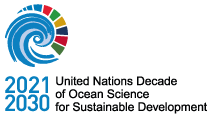2nd UN Ocean Decade Regional Conference &
11th WESTPAC International Marine Science Conference
“Accelerating Ocean Science Solutions for Sustainable Development”
Bangkok, Thailand, 22 – 25 April 2024
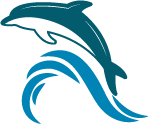
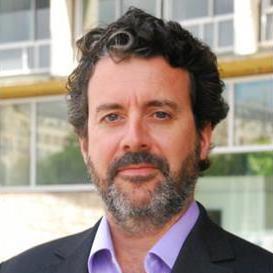

Ocean Decade, its movement and perspectives for its future
Julian Barbiere
Ocean Decade, its movement and perspectives for its future
Julian Barbiere
Time: 09:30–10:00
Julian is the Global Coordinator of UN Decade of Ocean Science for Sustainable Development and Head of Marine Policy and Regional Coordination Section
He has approximately 20 years of experience at the international level in the field of ocean sustainability, ocean governance and the implementation of ecosystem-based management approaches at various geographical locations. He is the lead person responsible for Sustainable Development and Ocean at the IOC Secretariat and is known in the UN and outside of UN for his contribution to ocean ecosystem management. Working at the interface of science and policy, he has led a number of UN initiatives, such as the Assessment of Assessments (Pre-conception phase of the UN Regular Process, 2006–2009, together with UNEP), the overall coordination of the inter-agency publication: Blueprint for Ocean Sustainability, in preparation to Rio+20 (2012, with FAO, IMO, and UNDP), the development of international guidelines on Marine Spatial Planning, the development of the Agenda 2030 and its related Sustainable Development Goal 14. He was instrumental in the proclamation of the UN Decade of Ocean Science for Sustainable Development and currently serves as the global coordinator for this campaign.
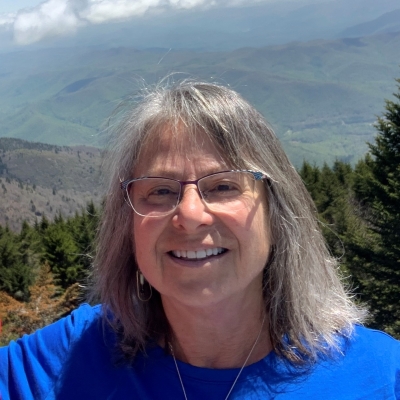

The Ocean is Losing its Breath: Declining Oxygen in Coastal Waters and the Open Sea
Denise Breitburg
The Ocean is Losing its Breath: Declining Oxygen in Coastal Waters and the Open Sea
Denise Breitburg
Time: 08:30–09:00
Dr. Denise Breitburg is a Senior Scientist Emerita at the Smithsonian Environmental Research Center. Her research focuses on effects of low oxygen on organisms ranging from fish to jellyfish and oysters, including effects on food webs, fisheries, and disease. She has worked extensively on the issue of multiple stressors in marine systems including several large, collaborative programs linking land use, nutrients and upper trophic level organisms in coastal systems.
Denise has served as co-chair of the IOC-UNESCO Global Ocean Oxygen Network and is a member of the IOC-UNESCO Multiple Ocean Stressors Working Group. She contributed to the recent World Ocean Assessment II and the AR6 IPCC Climate Change report, and served on governing boards of the Association for the Sciences of Limnology and Oceanography and the Coastal and Estuarine Research Federation. Dr. Breitburg holds a PhD in Marine Ecology and Ichthyology from the University of California, Santa Barbara. Denise was the lead author of the 2018 Science paper on deoxygenation, which now has almost 1,800 citations.
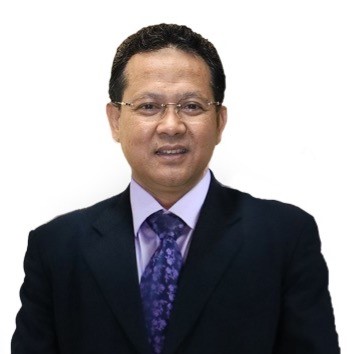

Ocean sciences as a basis for policy development to develop an inclusive and sustainable blue economy
Rokhmin Dahuri
Ocean sciences as a basis for policy development to develop an inclusive and sustainable blue economy
Rokhmin Dahuri
Time: 09:00–09:30
Born in a fishing village in Cirebon Regency, West Java Province, Indonesia, Professor Rokhmin Dahuri's life and work have been inextricably linked to the ocean.
While being a lecturer and Professor at Faculty of Fisheries and Marine Sciences, Bogor Agricultural University (IPB) since 1986, Rokhmin has been providing public services to the country. He was appointed as Director General for Coastal and Small Island Management (1999-2001), and then Minister of Marine Affairs and Fisheries (2001 to 2004), Indonesia. He currently serves as the Advisor to the Minister of Marine Affairs and Fisheries, Indonesia, and advisor to ten Governors of Indonesian Provincial Governors for marine and fishery economic development.
He has been the President of Indonesia Aquaculture Society (2010 – the present); Chairman of Expert Board of Indonesian Fisheries Society (2010 – the present); Member of International Scientific Advisory Board of Center for Coastal and Ocean Development, University of Bremen, Germany (2005 – the present).
He graduated as a Ph.D. in Coastal and Marine Resource Management from the Dalhousie University, Canada, and wrote many books and papers in the field of coastal and ocean management, aquaculture, science and technology, education, and economic development published by both Indonesian and International Journals.
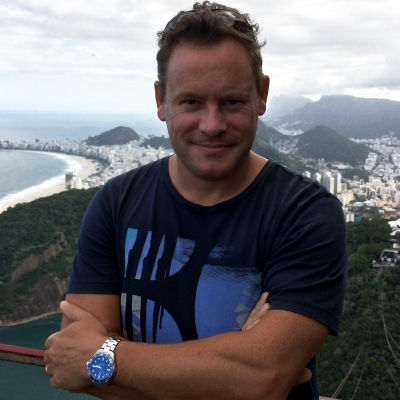

Interventions to build coral reef resilience under global and local impacts
Peter J Mumby
Interventions to build coral reef resilience under global and local impacts
Peter J Mumby
Time: 08:30–09:00
Professor Peter Mumby is currently the Director of Marine Spatial Ecology Lab, School of Biological Sciences, University of Queensland, Australia.
He began his career helping to design marine reserves in Belize and experienced first hand the limited scientific basis for decision-making. He then began a research pathway with a goal of providing science that can inform practical conservation and management action. His research combines field observations, experiments, remote sensing, and ecological modelling to answer questions about ecosystem resilience, impacts of climate change, marine reserve functioning and design, connectivity of ecosystems, coral reef fisheries, and restoration. Peter undertook a PhD at the University of Sheffield (UK), followed by NERC, Royal Society and Laureate fellowships at the Universities of Newcastle, Exeter, and Queensland where is currently a Professor.
Peter is a Pew Fellow in Marine Conservation, winner of the inaugural ISRS Mid-Career Award. He has published more than 300 papers with an h-index of 110. He is happiest on a coral reef with a camera in his hands.
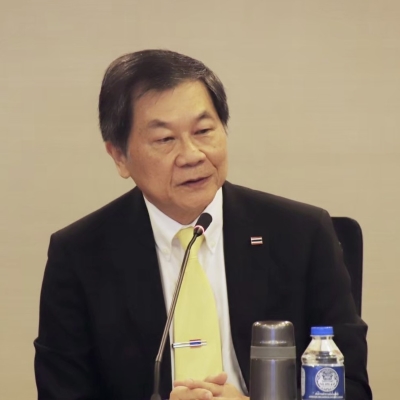

Offshore marine biodiversity and the potential for regional collaboration
Padermsak Jarayabhand
Offshore marine biodiversity and the potential for regional collaboration
Padermsak Jarayabhand
Time: 09:00–09:30
Professor Padermsak Jarayabhand is currently a Senior Lecturer and Adviser at the Interdisciplinary Graduate Program in Maritime Administration, Graduate School, Chulalongkorn University.
With more than thirty years of dedication, Professor Padermsak Jarayabhand conducted various types of research, initially on marine biology and fisheries (population genetic and genetic improvement of marine organisms) and eventually in marine resource and environment management. Aside from academic research, he held the director positions in several research Institutes at Chulalongkorn University, supervising research projects for government departments including State of Coastal Water Quality for the Pollution Control Department in 2012 and the Situation of Marine and Coastal Resources and Coastal Erosion of Thailand for the Department of Marine and Coastal Resources in 2016.
Owing to a wide range of knowledge and experience, he was appointed in 2007 as a member of the Sub-committee on Knowledge Management of National Marine Interests of the National Security Council, providing advisory services to the Thai Government related to marine resource and environment management.
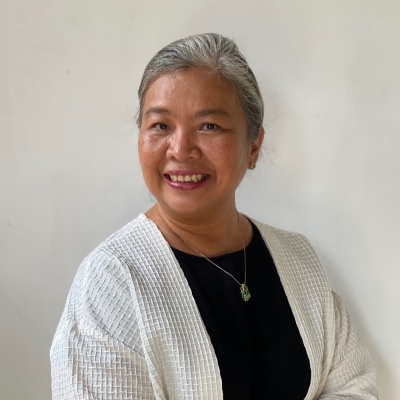

Forging Partnerships with Sustainable Businesses to Power Science-based Action with Communities
Mariglo Laririt
Forging Partnerships with Sustainable Businesses to Power Science-based Action with Communities
Mariglo Laririt
Time: 08:30–09:00
Mariglo Laririt is the Director for Sustainability of the Ten Knots Group in Palawan, Philippines. Starting as a biologist overseeing natural resource assessments in 1995, Ms Laririt is today a multi-faceted sustainable tourism professional dedicated to realizing her vision of getting everyone to appreciate the benefits and responsibilities of operating resorts within a Protected Area.
Ms Laririt’s work for Ten Knots has become the benchmark of sustainable tourism in tropical islands in Southeast Asia. Her programs engage guests, company owners, officers, employees, and suppliers to contribute to greater goals: conservation, community engagement, and the role of local women in the tourism value chain. She pioneered environmental education within a company, known to the international community as Be G.R.E.E.N, Be G.R.E.A.T, the program has won the Pacific Asia Tourism Association (PATA) Gold Award in 1999, 2011, 2015, and 2021 due to its ever-evolving format. She introduced the practice of conducting guided tours for guests in the Philippines wherein they aren’t just shown sites, but also given an immersive, educational experience through Nature Interpretation. In 2020, Ms Laririt was individually recognized for her outstanding contribution to environmental conservation, being awarded one of the Worldwide Fund for Nature (WWF) Philippines Conservation Heroes of the Year – a huge feat for someone working in the business sector. She is also a recent recipient of the first Asian Institute Management's Philippine Tourism Excellence Awards 2022. In June 2023, Ms Laririt received the award for Community Champion for Travel Daily’s Inspiring Women in Travel (Asia). In addition to awards that chronicle her success, a book, several write-ups, interviews, and case studies have detailed her impact on the intersection of tourism, community, and conservation. These have become a reference for practitioners in tourism projects in high biodiversity areas. Ms Laririt is a sought-after speaker here and abroad. She has spoken on community benefits, the circular economy, reduction of plastics, challenges in local governance, green investments, regenerative travel, and inspiring young adults. But she is as comfortable working outdoors.
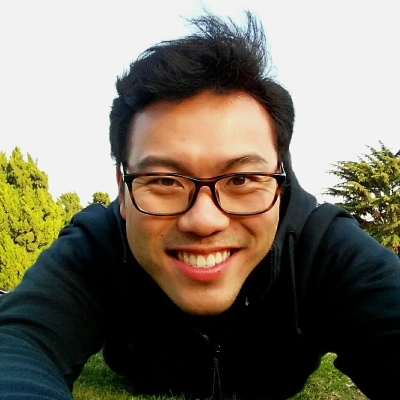

Inheriting Legacies: Challenges of ECOP in Navigating through UN Ocean Decade and Beyond
Abe Woo Sau Pinn
Inheriting Legacies: Challenges of ECOP in Navigating through UN Ocean Decade and Beyond
Abe Woo Sau Pinn
Time: 09:00–09:30
Abe Woo is currently serving as a senior lecturer in the Centre for Marine and Coastal Studies (CEMACS), Universiti Sains Malaysia, where he is also actively leading several marine biodiversity research in the Southeast Asian region that includes several taxa of marine invertebrate. His research interest includes systematics, taxonomy, and diversity study of marine invertebrates, focusing on the group Echinoderms.
As a ECOP/MCOP, he has been actively uncovering the marine biodiversity and systematics of sea cucumbers across the region. At the global front, he is a serving in several UN Decade of Ocean Science Program ECOP co-chairs and also an active contributor to the IOC Sub-Commission for the Western Pacific (WESTPAC) programmes. At the same time, he is passionate in creating awareness and education of marine sciences to the society through various educational programmes done in CEMACS with the concept of experiential learning for marine sciences. Abe received his PhD in Natural History Sciences from Hokkaido University.

